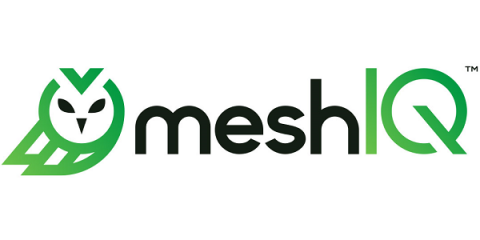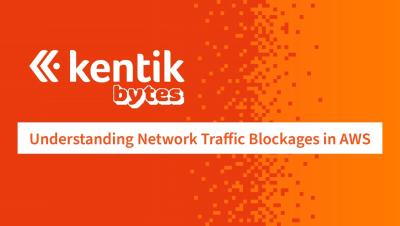Why native Azure DevOps dashboards fall short
Azure DevOps is a robust tool that integrates a wide range of development and project management functionalities into one platform. It covers various aspects of the software development lifecycle, from version control to continuous integration and deployment. However, when it comes to dashboards, Azure DevOps leaves much to be desired. Here’s why these dashboards often frustrate users.











